|
Sh'ma Adonai Koli Ek'rah: https://youtu.be/yXOubpwAazY
Original Composition by Rabbi Elizabeth Goldstein. Performance by Rabbi Elizabeth Goldstein and Cantor Devorah Tucker-Fick. Kaveh El YAH: https://youtu.be/4uEcR8H2TM0
Original composition by Hanna Tiferet Seigel Performed by Rabbi Elizabeth Goldstein and Cantor Devorah Tucker-Fick. Psalm 1:4 Not so the wicked; rather, they are like chaff that wind blows away.
Devorah reflects on the Psalmist’s comparison of rootless chaff and wickedness. In a world where falseness, lies and cheating are pervasive, how do we distinguish between ungodly behavior and downright godlessness? Original musical compilation by Elizabeth and Devorah. A Tzadik Travels the World The Hebrew צַדִּיקִֽ or Tzadik from the root ṣ-d-q (צדק) for charity means righteousness or a righteous person in English "one who elevates everyone he/she meets" while translated in other languages as "To have a straight heart" in the Native American language of Highland Puebla Nahuatl or in Eastern Huasteca Nahuatl “the result of heart-straightening” bringing in a sense of the results of action not just a way of being in Navajo “to do just so” North Alaskan Inupiatun “having sin taken away” In the Eastern Highland Otomi of Mexico “entirely good” when referring to God and “do good” when referring to people again the difference between be a certain way to actions Mezquital Otomi throws into the mix "to have truth" Carib of Central America translates Tzadik as “level” a meaning that is carried in peace in other languages a level playing field or one who helps others reach a higher level Across the sea in Asian Indonesian "Tzadik" means “people who are true” In the Oceanic language of Papua New Guinea Guhu-Samane translate righteous as "pobi" “right” contains a sense of "legal, straightness and correction" "south, possession, pertinence" as well as "kingdom and fame in information and speech" The relationship between these words are described "As one faces the morning sun, south lies to the right hand then at one’s right hand are his possessions and whatever pertains to him thus, a rich man’s many possessions and scope of power and influence is his kingdom so, the rich and other important people encounter fame and all of this spreads as information and forms most of the framework of the people’s speech" (Source: Ernest Richert in Notes on Translation 1964, p. 11ff). Tzadik is translated "to be straight" in the African language Bambara East African Anuak language “to do as it should be” in Mossi “to have a white stomach” perhaps nothing to hid or be ashamed of Another African language Nuer translates righteousness “way of right” and assigns gender right indicates masculine strong, good, and moral We can take in all of these meanings set them free of gender, color, curvature or direction and simply recognize the good in people everywhere Psalm 1:4 לֹא־כֵ֥ן הָרְשָׁעִ֑ים כִּ֥י אִם־כַּ֝מֹּ֗ץ אֲֽשֶׁר־תִּדְּפֶ֥נּוּ רֽוּחַ׃
Not so the wicked; rather, they are like chaff that wind blows away. Psalm 1:5 עַל־כֵּ֤ן ׀ לֹא־יָקֻ֣מוּ רְ֭שָׁעִים בַּמִּשְׁפָּ֑ט וְ֝חַטָּאִ֗ים בַּעֲדַ֥ת צַדִּיקִֽים׃ Therefore the wicked will not survive judgment, nor will sinners, in the assembly of the righteous. Psalm 1:6 כִּֽי־יוֹדֵ֣עַ יְ֭הוָה דֶּ֣רֶךְ צַדִּיקִ֑ים וְדֶ֖רֶךְ רְשָׁעִ֣ים תֹּאבֵֽד׃ For the LORD cherishes the way of the righteous, but the way of the wicked is doomed. [Sefaria] Blow Away (Psalm 1:4)
Blow Away, Blow Away Lo Chen ha-Reshaim, Blow Away Blow Away Ki Eem Kamotz, Blow Away Blow Away. Asher Tidfenu Ruach. Blow Away, Blow Away; Like Chaff that Wind Blows Away, Blow Away. Original Lyrics and Music by Rabbi Elizabeth Goldstein and Devorah Tucker-Fick. Psalm 1:4 Not so the wicked; rather, they are like chaff that wind blows away. [Sefaria] Devorah reflects on the value of hard work, unlucky chances and the parts of our lives that are ours to shape if we can. Where do you go to nourish yourself and how do you support and sustain the journeys of others?
Psalm 1:3 וְֽהָיָ֗ה כְּעֵץ֮ שָׁת֪וּל עַֽל־פַּלְגֵ֫י מָ֥יִם אֲשֶׁ֤ר פִּרְי֨וֹ ׀ יִתֵּ֬ן בְּעִתּ֗וֹ וְעָלֵ֥הוּ לֹֽא־יִבּ֑וֹל וְכֹ֖ל אֲשֶׁר־יַעֲשֶׂ֣ה יַצְלִֽיחַ׃
He is like a tree planted beside streams of water, which yields its fruit in season, whose foliage never fades, and whatever it produces thrives. [Sefaria]
Sunday December 6
Brachos and Books Noon EST/9am PST Part 1 of Thinking About God by Rabbi Kari H. Tuling Brachos and Books is a Jewish Book Club with music, prayer, and discussion of selected books. Participants are encouraged to contribute to the Brachos and Books Blog throughout the month. (90 minutes) Comments can be posted below [Here] What does it mean to meditate on something day and night? Devorah reflects on the act of “practice” and the role it has played at different pivotal moments in her life. Her journey also opens the door for us consider the investment of time and energy in activities that we choose. Developing a routine skill, and really honing it through practice, brings its own reward. Piano music by Devorah Tucker-Fick. Psalm music composition by Rabbi Elizabeth W. Goldstein.  Share Delight Haiku Teaching of delight study learn do day and night sharing day and night ― Psalm 1:2 Haiku (A poem with 5-7-5 syllables in three lines). Psalm 1:2 כִּ֤י אִ֥ם בְּתוֹרַ֥ת יְהוָ֗ה חֶ֫פְצ֥וֹ וּֽבְתוֹרָת֥וֹ יֶהְגֶּ֗ה יוֹמָ֥ם וָלָֽיְלָה׃ rather, the teaching of the LORD is his delight, and he studies that teaching day and night. [Sefaria]. Day and Night
The pattern is there in the sky reflected in the water on the land The pattern is there for us to see with our eyes in our hearts freeing our spirit The pattern is there to share to learn to grow into something meaningful Blue and white with golden light see it learn and contribute ―Psalm 1:2 Ekphrastic Poetry (Poems inspired by Art). by Kimberly Burnham Devorah reflects on the character of a good leader and a good follower as described in the first verse of the first Psalm. As we near the election, let us consider our role as citizens: we are both peacemakers and activists, agents of change or lovers of tradition. These are all in each of us and may we have the wisdom to always choose the right path. Original music by Elizabeth.
On the two-year anniversary of the Pittsburg shooting, we memorialize the victims of this massacre, holding sacred the tree of life in each of us. We pray that people stop prioritizing some lives over others and that hatred in all of its forms ceases.
We have been answered: The month of Heshvan and the Transition out of High Holiday Mode
Elizabeth reflects on events that have transpired since Simhat Torah and the end of the High Holy Day season. As snow falls to the ground in Spokane today, Elizabeth describes the last days of the Fall, offers gratitude for the gifts we have accumulated over the last months, and imagines, with vibrant hope, a winter that will quickly yield to Spring in which a Passover exodus coincides with a new vaccine. Celebrate Simhat Torah with Hineni. Join us as we rejoice in the light of Torah, chanting it’s end and singing in its beginning. As we renew the season and ourselves, be with us as we renew Torah in this new, holy year. Sunday Morning October 11, 2020 9 am PST / 12 EST. Same Zoom Link as previous services or email Hineni.Space@gmail.com for the link and passcode.
The happiness of Sukkot collides with the three-year anniversary of the twin boys to whom Devorah gave birth. She gave her friends the greatest gift that one can give—surrogacy. Exploring the painful journey of infertility, and the pitfalls in confronting an unexpected outcome, we are led on one such journey through Devorah’s compassionate and self-reflective lens.
Trigger warning: message deals with the pain of infertility, the highs, and lows of desiring, wanting and losing the potential for children. Music and verse from the Hallel, psalms of praise, traditionally sung over Sukkot and Simhat Torah. Join us Sunday morning tefillah for Simhat Torah with Hineni. Devorah explores what it means to build a sukkah inside her house. She struggles at first with the decision, but eventually realizes that God provides meaning in our observances even when we cannot perform them in the ways we might want or think we ought to.
Elizabeth and Devorah rejoice in finishing the High Holy Days. As they prepare for Sukkot, Elizabeth reflects on the strange intersection between the happiness of the season and the bitter and divisive tone in our country. Hope, Hope, Hope and be grateful for the gifts of the season!
Jonah 1:3 - But Jonah rose up to flee to Tarshish from the presence of Adonai. So he went down to Joppa, found a ship which was going to Tarshish, paid the fare and went down into it to go with them to Tarshish from the presence of Adonai. Jonah 2:3 - You hurled me into the depths, into the very heart of the seas, and the currents swirled about me; all your waves and breakers swept over me. Jonah 3:4 - Jonah began by going a day’s journey into the city, proclaiming, “Forty more days and Nineveh will be overthrown.” Jonah 3:6 - When Jonah’s warning reached the king of Nineveh, he rose from his throne, took off his royal robes, covered himself with sackcloth and sat down in the dust. Jonah 3:10 - When Adonai saw what they did and how they turned from their evil ways, Adonai relented and did not bring on them the destruction Adonai had threatened. |
ReflectionsHineni.Space posts brief daily offerings (Elul meditations, reflections, poetry, and melodies). There is a tradition to hear the shofar every day of the month of Elul and to recite the verses of Psalm 27. Archives
March 2021
Categories
All
|
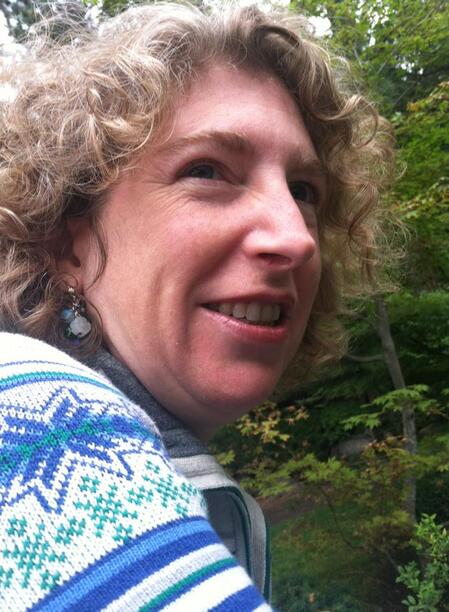
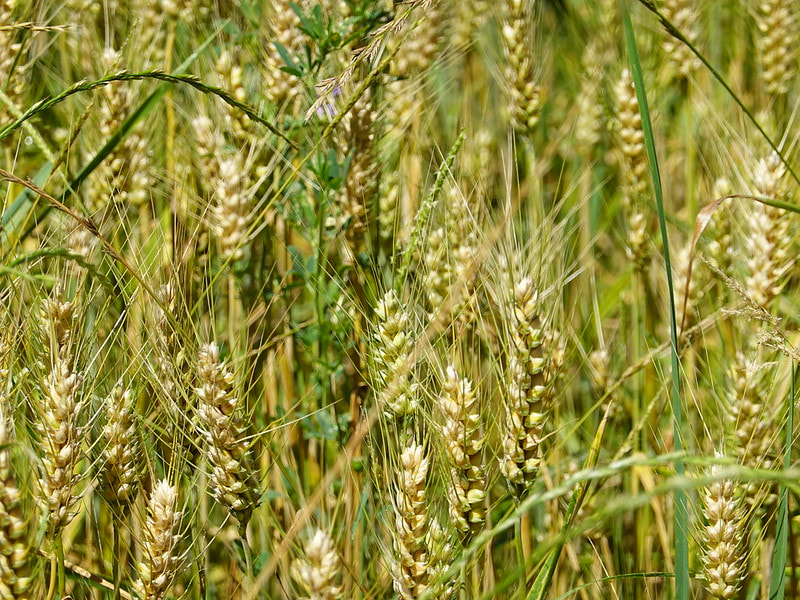




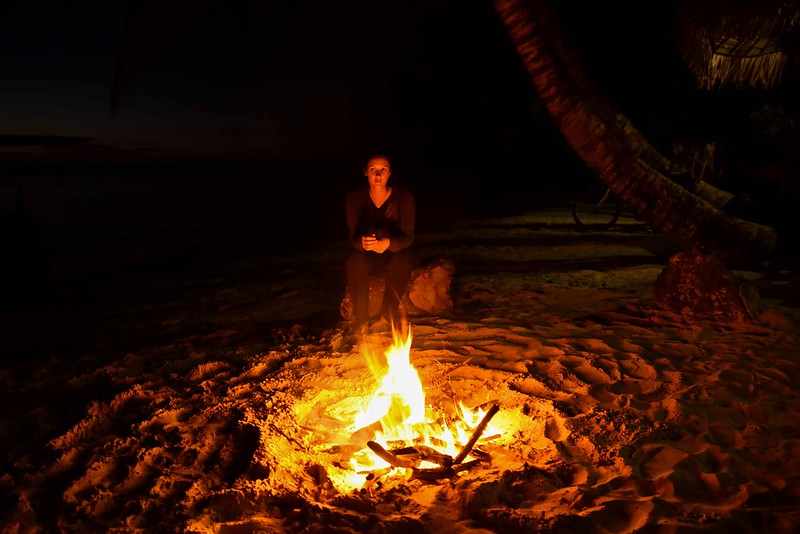
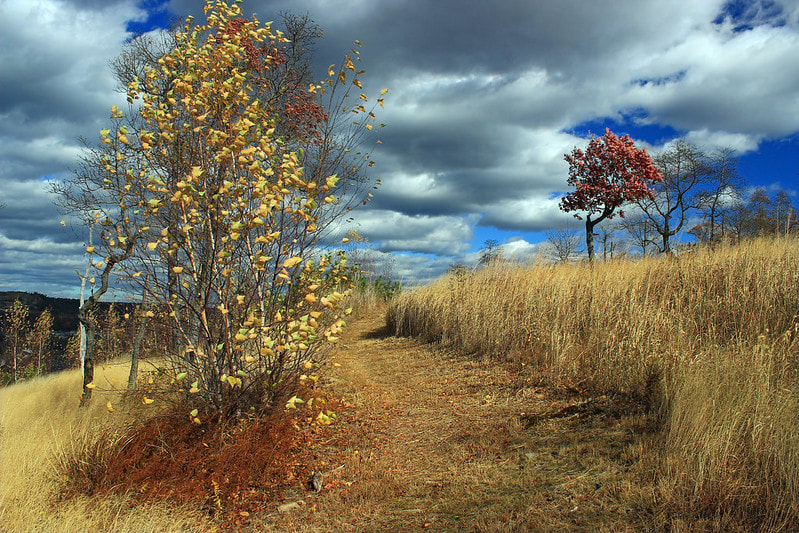

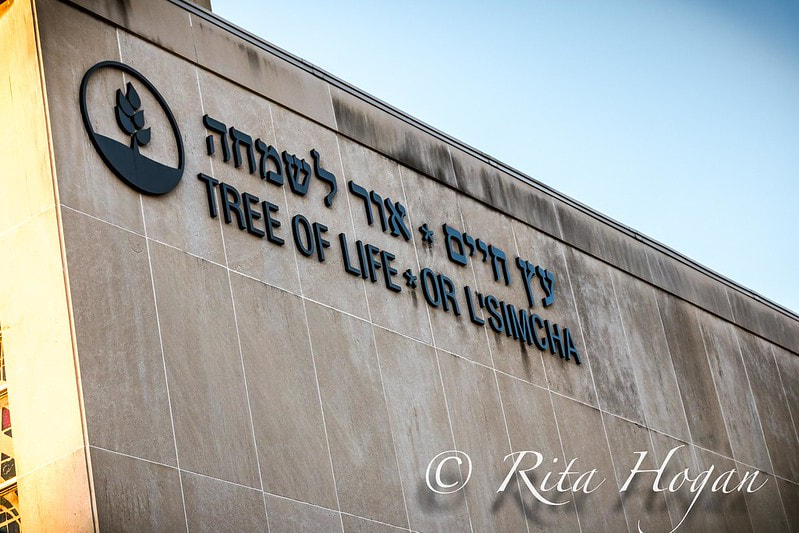
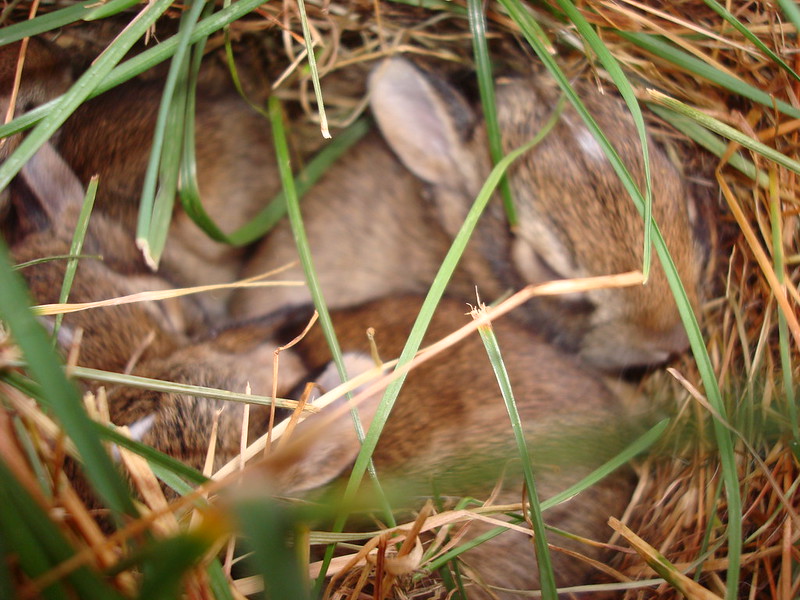
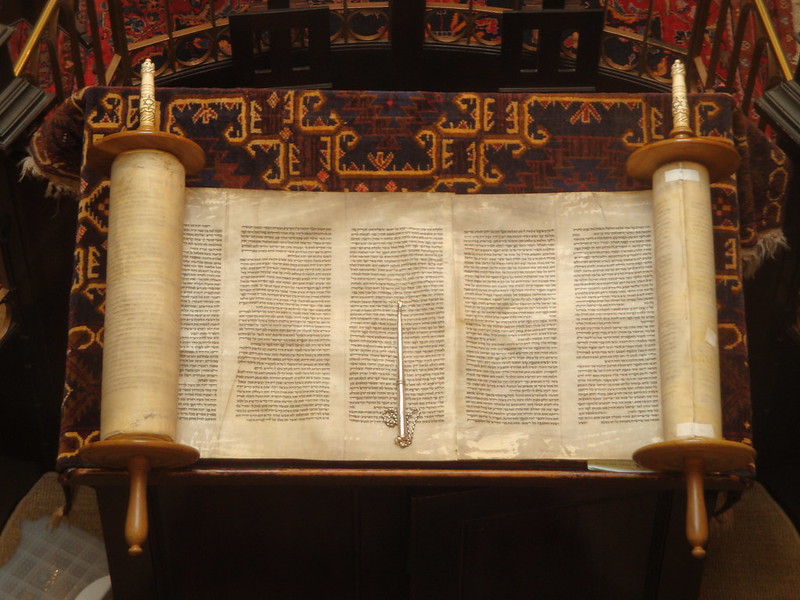

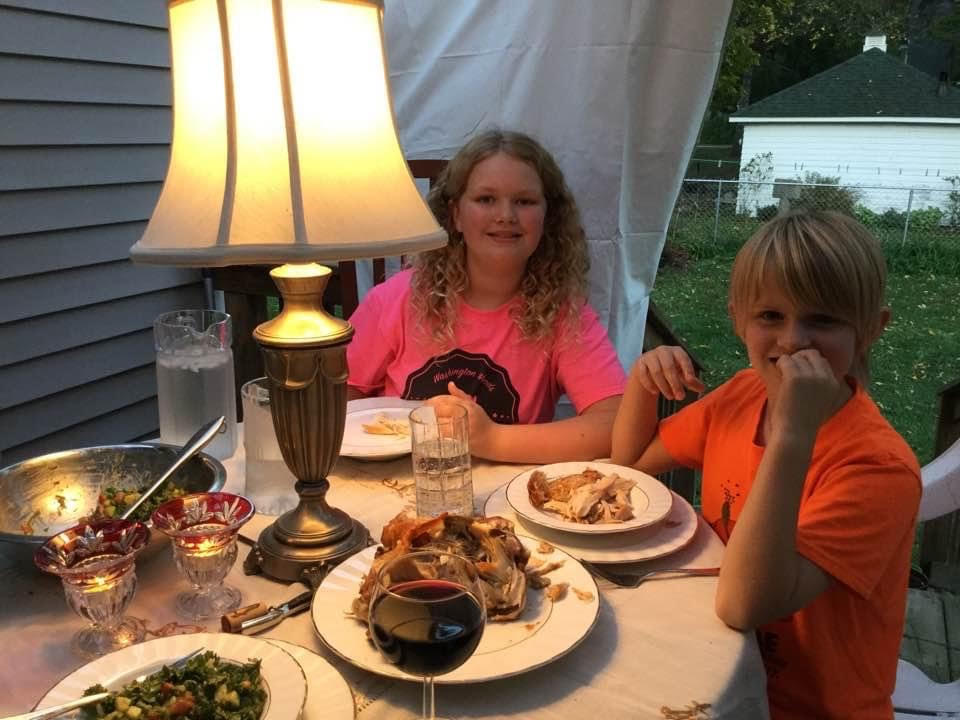
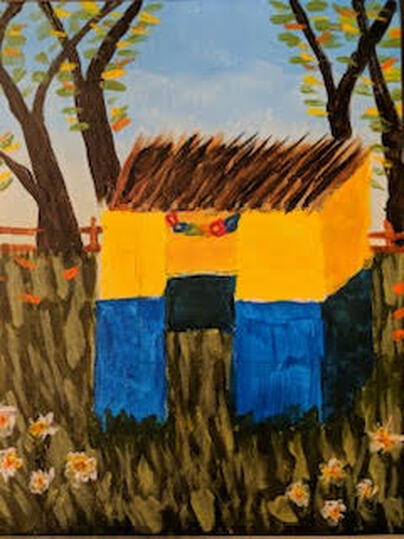

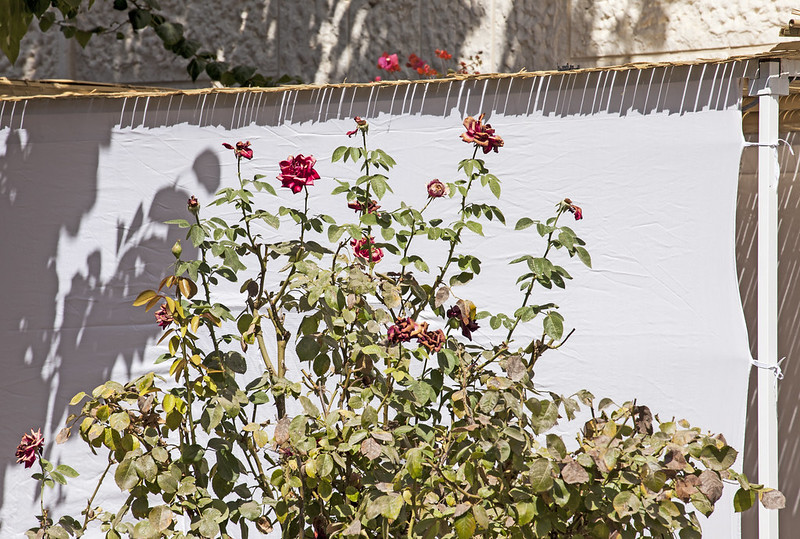

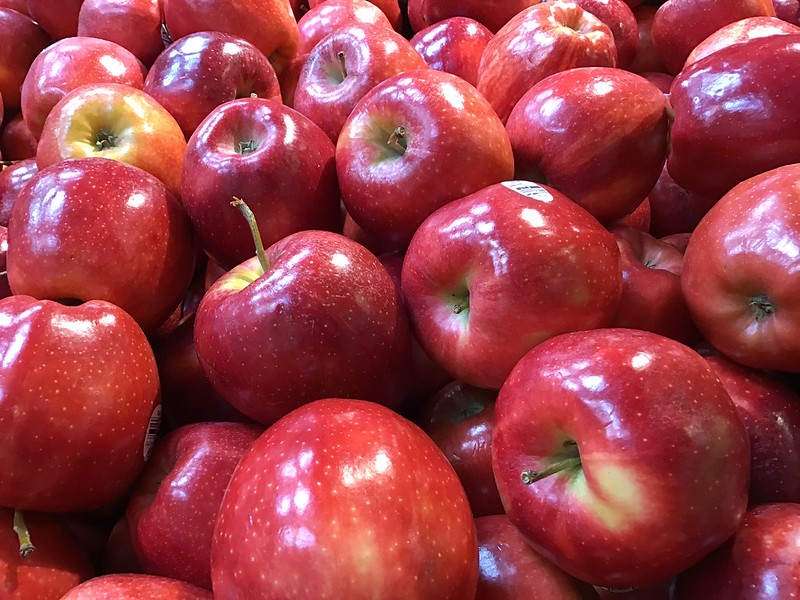
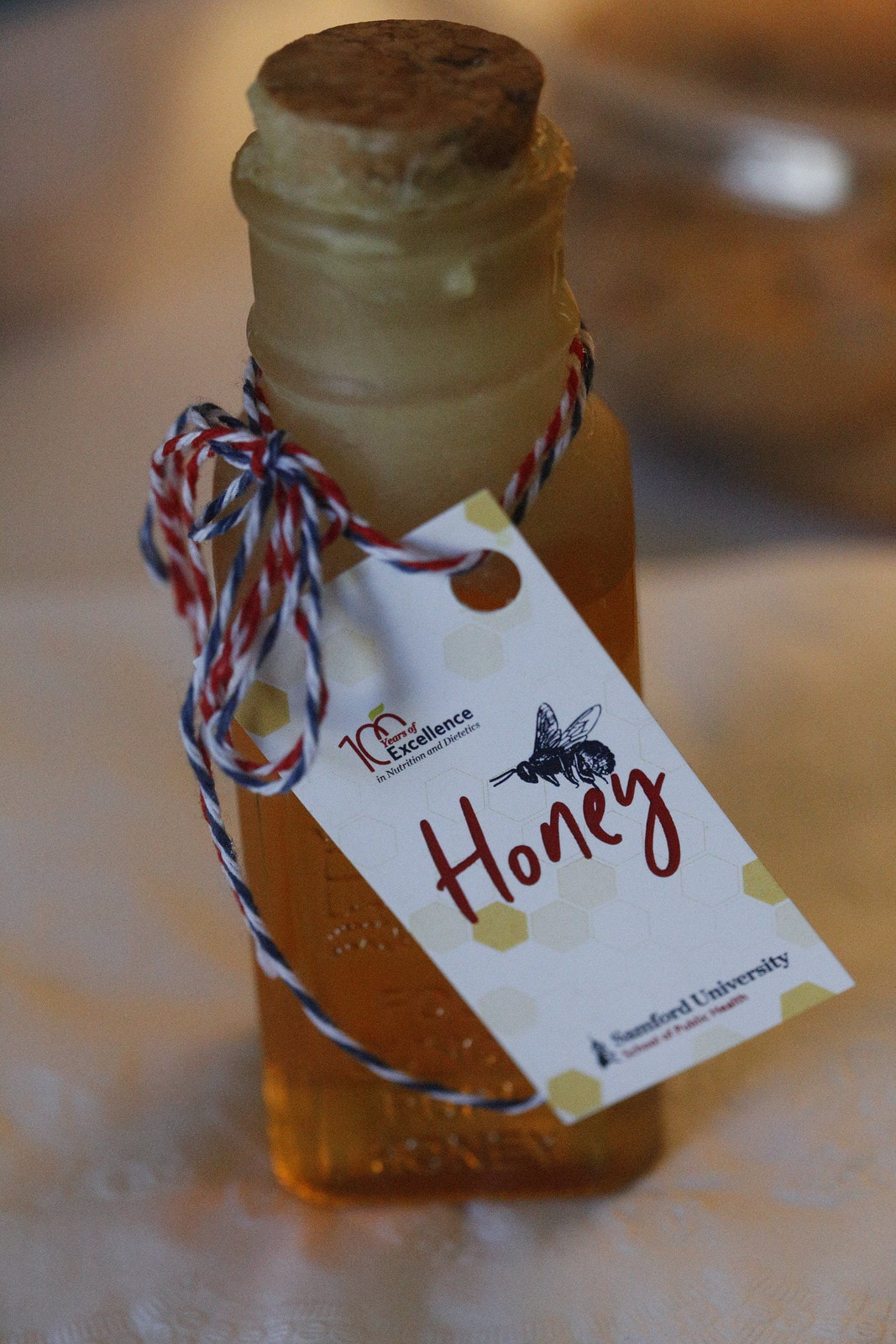
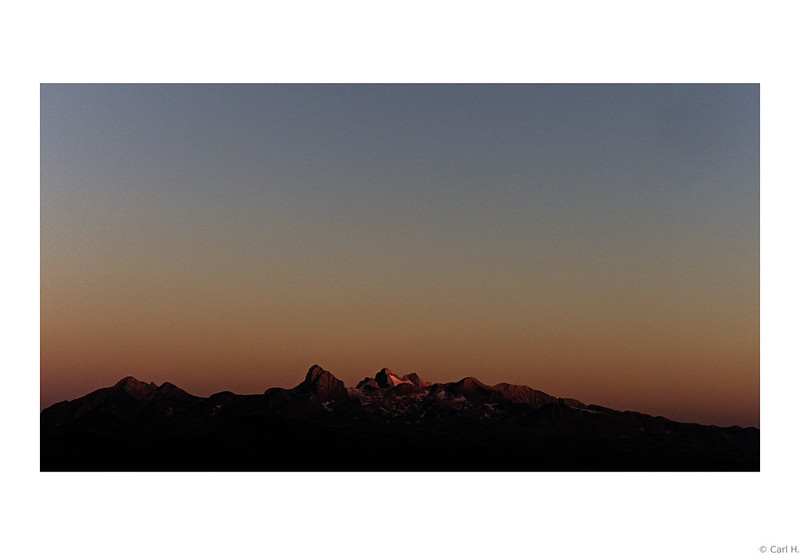

 RSS Feed
RSS Feed